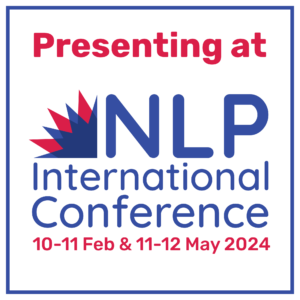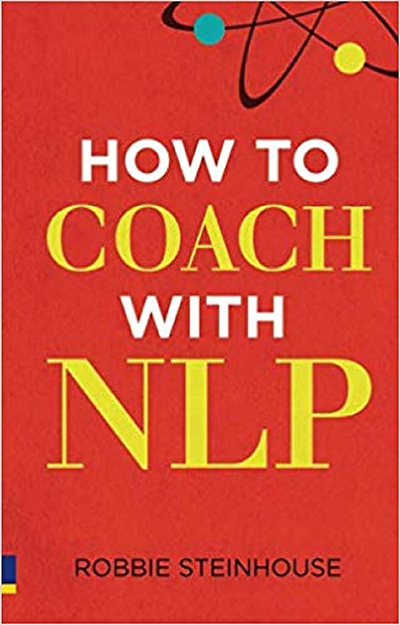Mindfulness and Confidence
At first glance, mindfulness and confidence seem to be very different states. Mindfulness is thoughtful, measured and inward-looking, while confidence is breezy, spontaneous and outgoing. How can the former assist the latter?
Removing Barriers to confidence
One way mindfulness helps is by removing our barriers to confidence. Lack of
confidence is often caused by a constant stream of negative thoughts, and, behind that
stream, our identification with these thoughts. If an inner voice is telling us that we
are somehow unworthy, we assume that we ‘are’ in some sense that voice. We may
even fear that if the voice fell silent, ‘we’ would cease to exist. It is better to be
perpetually carped at than to be nothing at all, we fear.
The practice of mindfulness puts space between ourselves and our thoughts. We stand
back and observe thoughts come and go. A popular and helpful metaphor for this is of
watching clouds pass across the sky. They appear; they cover the sun; they blow away
and are gone…
Mindful practice puts a similar space between us and our emotions. In a mindful state,
we stop identifying with our emotions. This is not the same as disowning them: the
mindful person is not a robot, but someone who accepts emotions as part of who he or
she is, but has choice over which emotions to give free reign to and which ones to step
back from. This freedom to choose is not absolute, unless we work on mindfulness for
many years, but our capacity for it grows as we practice.
A solid self
People who lack confidence often describe themselves as feeling ‘shaky’. By
contrast, mindfulness practice gives us a sense of grounding and solidity: as observers
of clouds, we are standing on very solid earth as we watch. Practising mindfulness,
we become aware of a deeper self. Exactly what this ‘self’ is, can be a little
mysterious. It appears elusive: the moment we try and catch it, it is gone. This
elusiveness can seem scary, taking us into the odd world of Zen Buddhism and its
paradoxical maxims. However, anyone who practices mindfulness soon comes to
sense that this self is the opposite of elusive, that it is something in ourselves that we
can deeply trust. Maybe the sense, of trusting something that we can’t quite get hold
of logically, is itself healing and energizing…
Trust in yourself
This trust in ourselves is the basis of confidence. The word confidence comes from
the Latin Fidere, meaning ‘to trust’ (as does the old standard name for that most loyal
and reliable of animals, ‘Fido’). Mindful individuals have this trust in themselves at a
deep level. They have dug beyond the shifting sands of thought and feelings and
struck bedrock.
Making it real
All this sounds wonderful – but the only way to test these ideas is to put them into
practice yourself and see what happens. My new book, Mindful Business Leadership,
contains a selection of mindfulness exercises – ones that anyone can use, not just
business leaders. Go to our meditate page for a selection of free meditations.
Some practical help.
- This one presents a simple four-stage exercise:
- A piece about mindfulness and negative feelings:
- A brief guided meditation. Some people prefer to close their eyes during this.
The most important thing with mindfulness exercises is to keep doing them. Even if
you only meditate five minutes a day, the cumulative effect of so doing can be very
powerful. Five minutes spent watching those clouds, and knowing you are doing so
standing on a solid place, can provide a huge boost to confidence.









